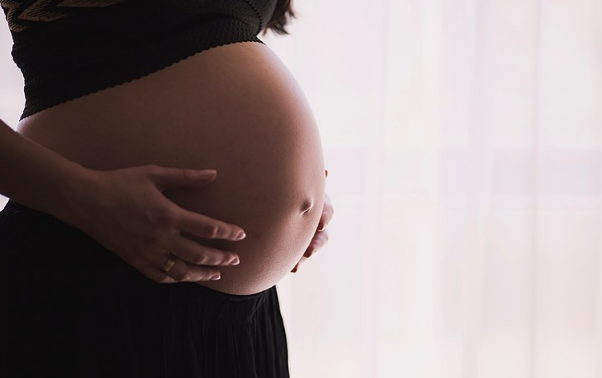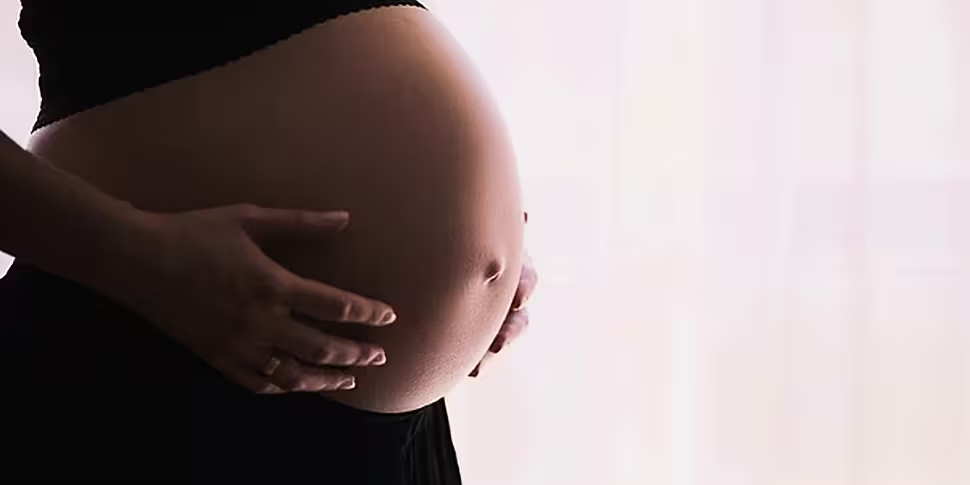
The research also claims the same for women who are trying for a baby.
Women who are pregnant or trying for a baby should stop drinking caffeine, according to a new study.
Current HSE guidance says pregnant women should limit caffeine consumption to 200mg a day, which is the equivalent of two cups of instant coffee or one brewed coffee.
However Professor Jack James, of Reykjavik University in Iceland, claims that caffeine significantly increased the risk of adverse pregnancy outcomes, including stillbirth, miscarriage and low birth weight.
The research, which is published in the journal BMJ Evidence Based Medicine, examined data from 37 previous observational studies.
Prof James wrote: "Current advice such as that issued by... the NHS is not consistent with the level of threat indicated by biological plausibility of harm and extensive empirical evidence of actual harm.
"Accordingly, current health recommendations concerning caffeine consumption during pregnancy are in need of radical revision.
"Specifically, the cumulative scientific evidence supports pregnant women and women contemplating pregnancy being advised to avoid caffeine."
Research is 'overly alarmist'.
However, Dr Maeve Eogan, an obstetrician at the Rotunda Hospital believes the research is overly alarmist.
''This is typical of what often happens with research around pregnant women, is that one piece of research report is taken and is built up and hyped up'', she said.
''I think it's really important as with diet in general in pregnancy, we don't recommend for example that women only eat fruit during pregnancy, we recommend that people have a very balanced diet.
''The same as for life in general. And yes there are certain things people absolutely should avoid such as alcohol.
''But there really isn't any major benefit in people getting really overly concerned''.













